
San Quentin Prisoners Go On Hunger Strike Amid Massive COVID-19 Outbreak
About 20 people in the prison’s Badger section have been on hunger strike for the past few days, three people incarcerated there say.

About 20 people in the prison’s Badger section have been on hunger strike for the past few days, three people incarcerated there say.
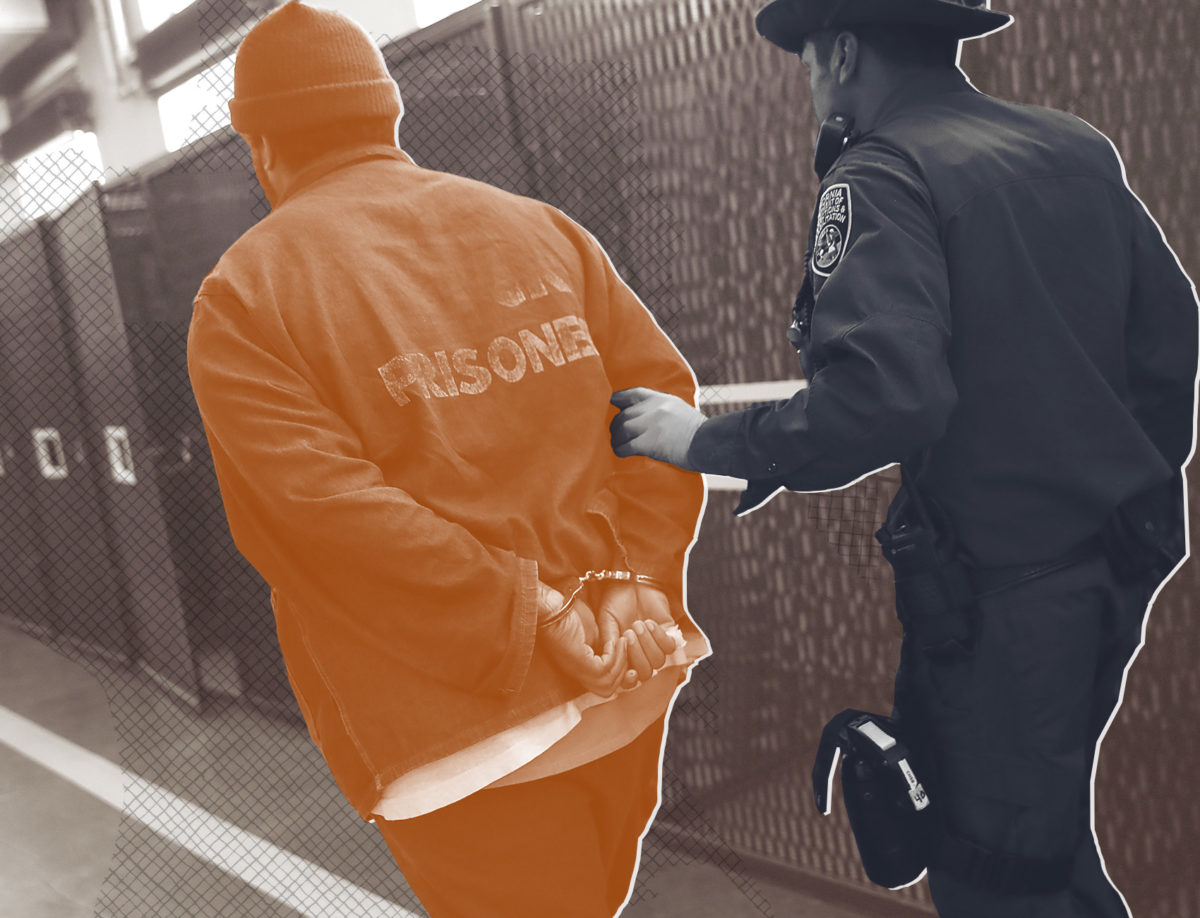
Prisoners are reluctant to report when they’re feeling sick, because they know they’ll be sent to solitary confinement.

In October 2018, Marshall Miles died at the Sacramento County jail after struggling with deputies. His lawyers say a deposition scheduled for next month will force the sheriff to answer for the in-custody death.
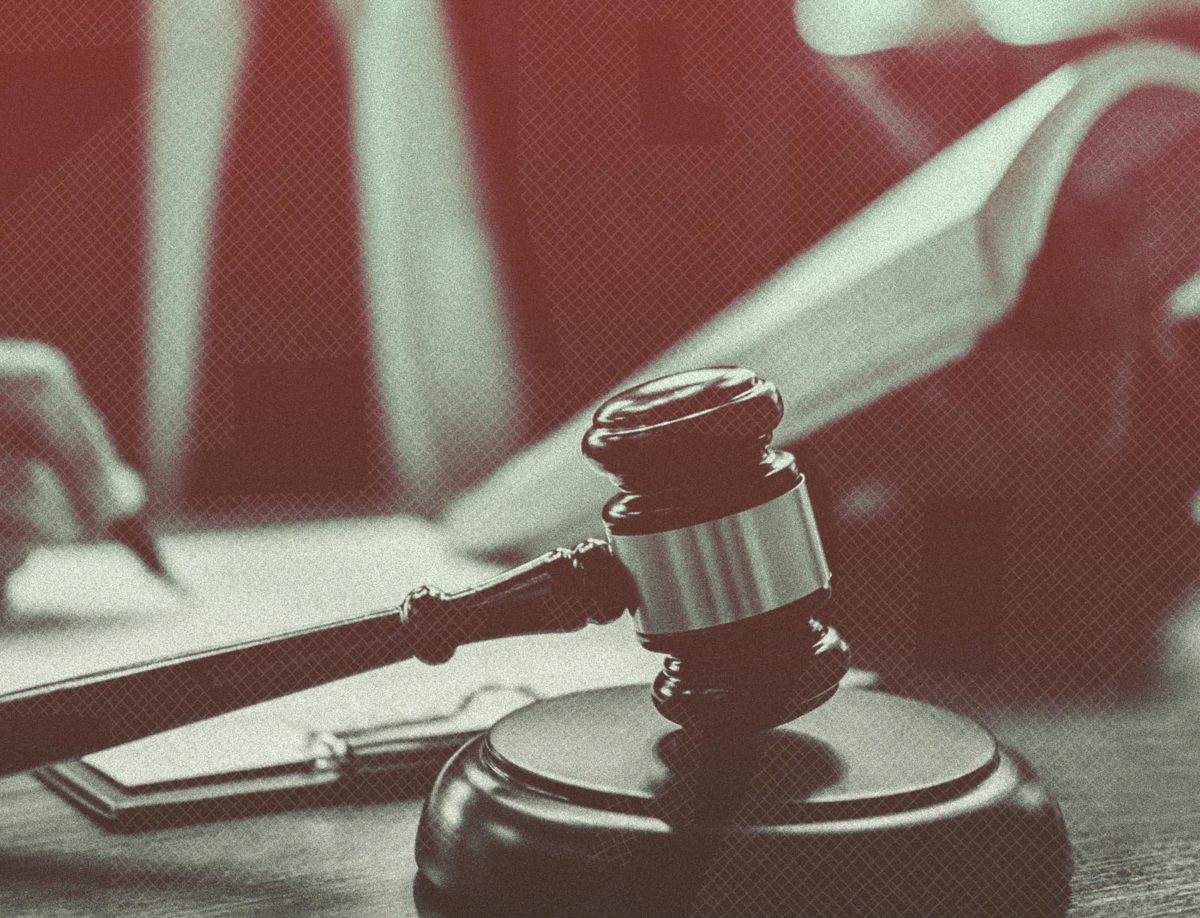
Calls to defund the police must also be accompanied with divesting power and discretion from judges.
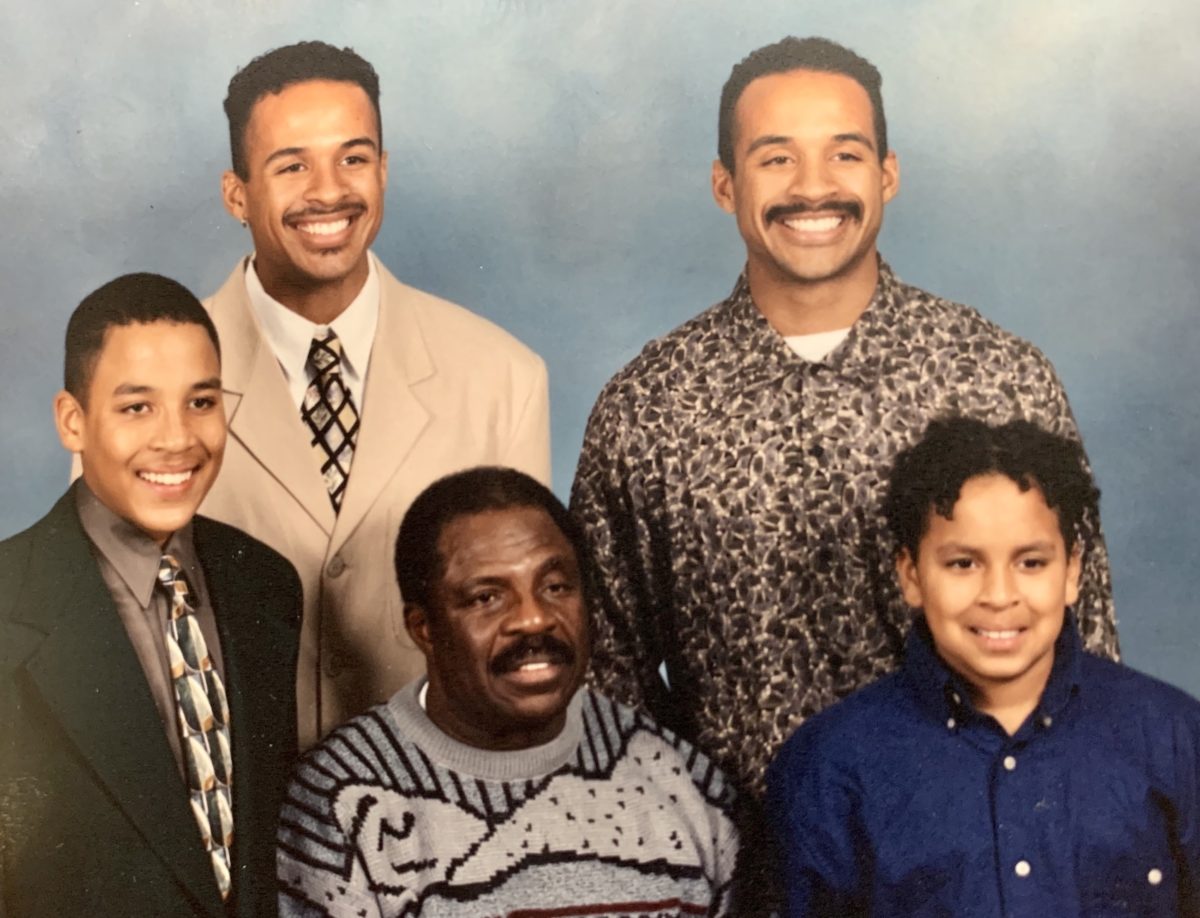
Both incarcerated brothers are at an increased risk of complications from COVID-19—and one has tested positive.
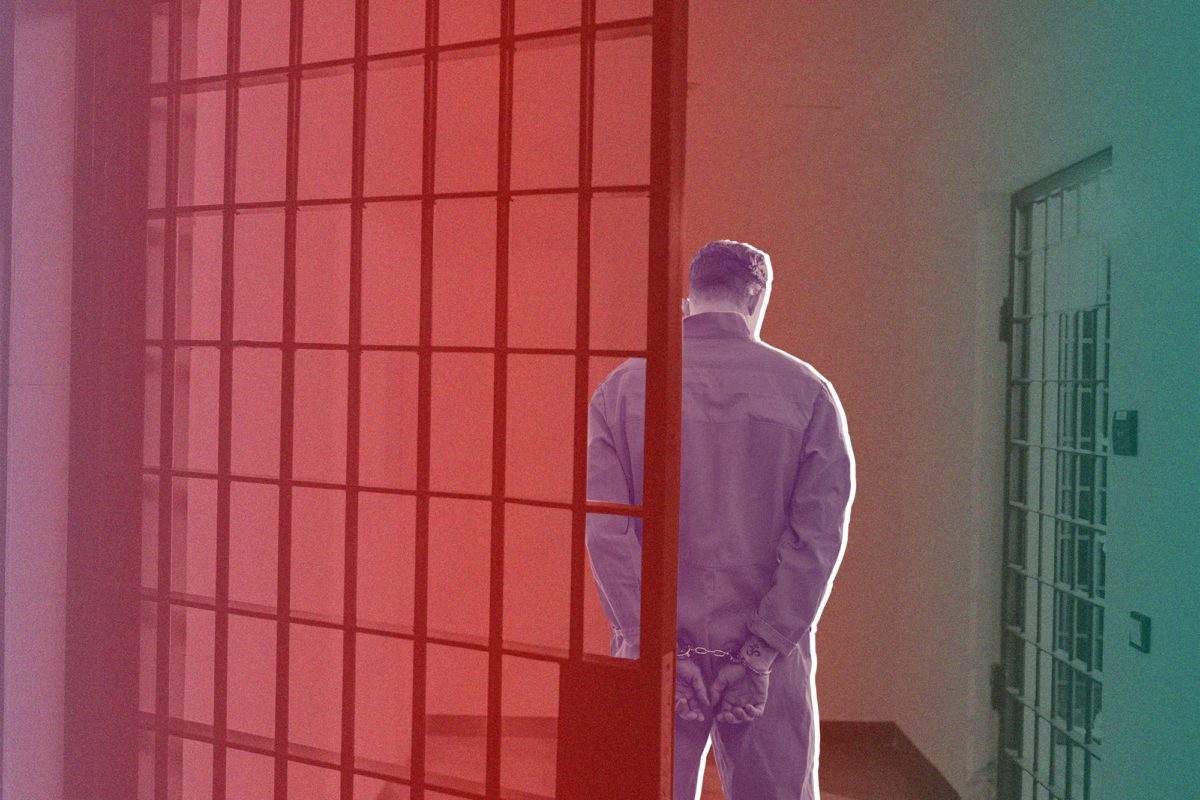
Five years after statewide hunger strikes and a landmark settlement, men incarcerated in a California prison say they’re still isolated for up to 22 hours a day.

John Wesley Parratt Jr. was scheduled to appear before the parole board in July. After the novel coronavirus arrived in San Quentin State Prison, he feared for his health.
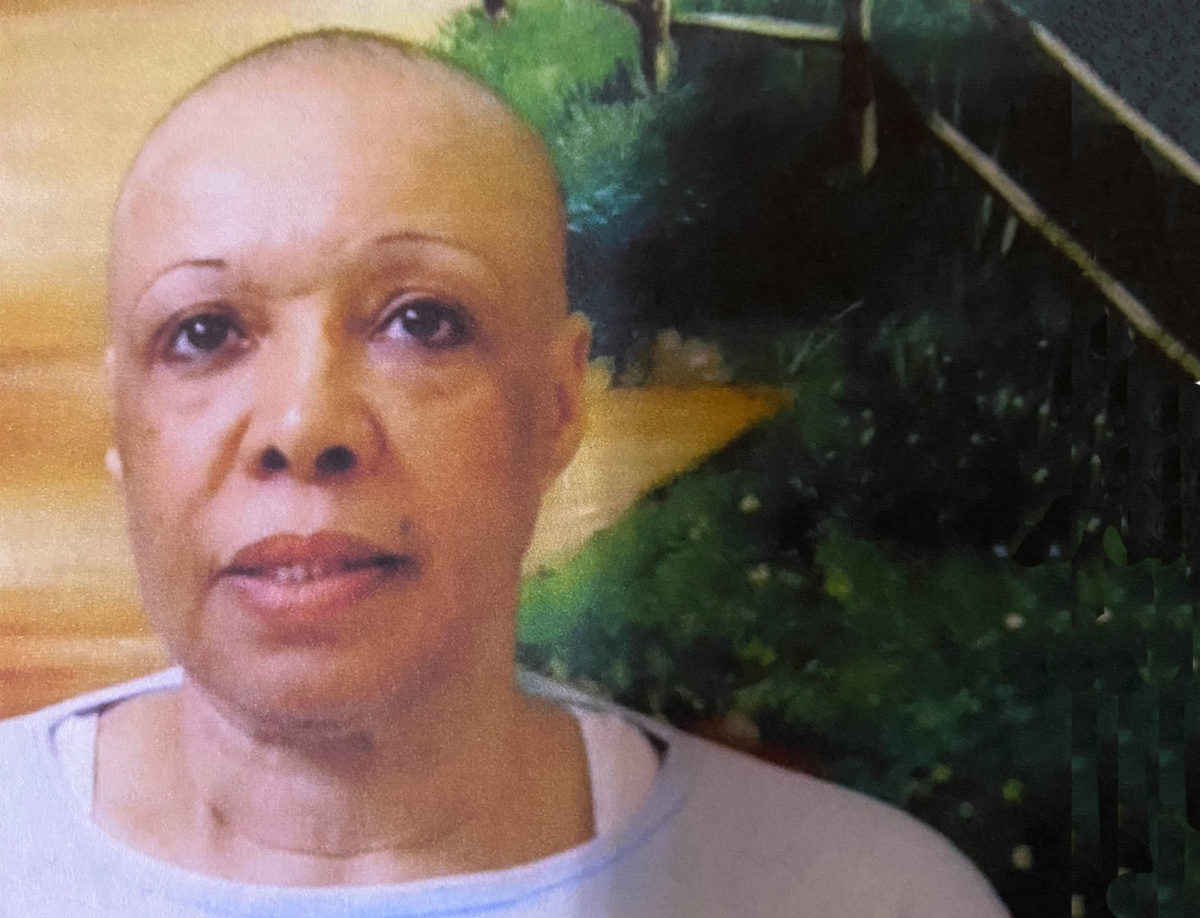
California Governor Gavin Newsom said he’s releasing thousands of prisoners. But that doesn’t necessarily include some of the state’s sickest patients.
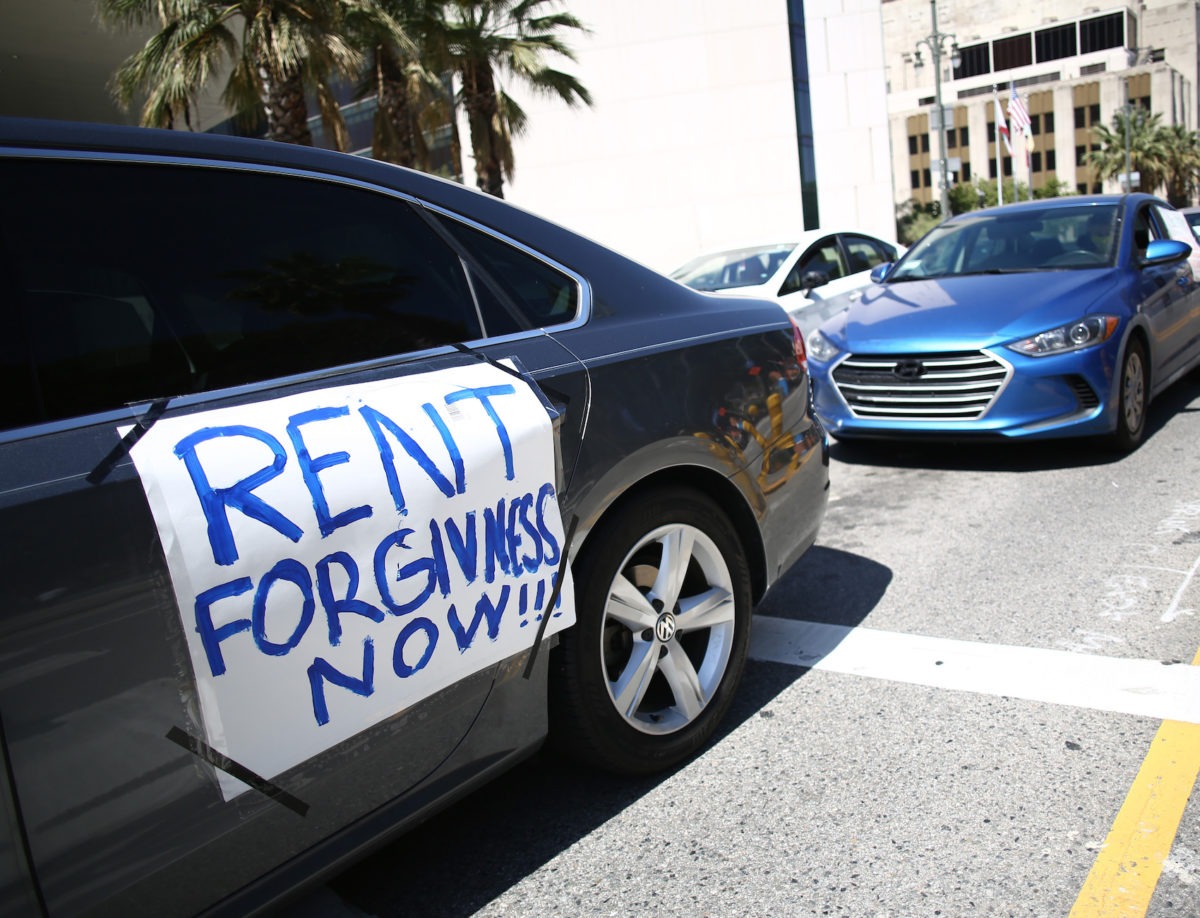
Laid-off workers say they face insurmountable debt and homelessness if they have to pay back months of rent after the pandemic.
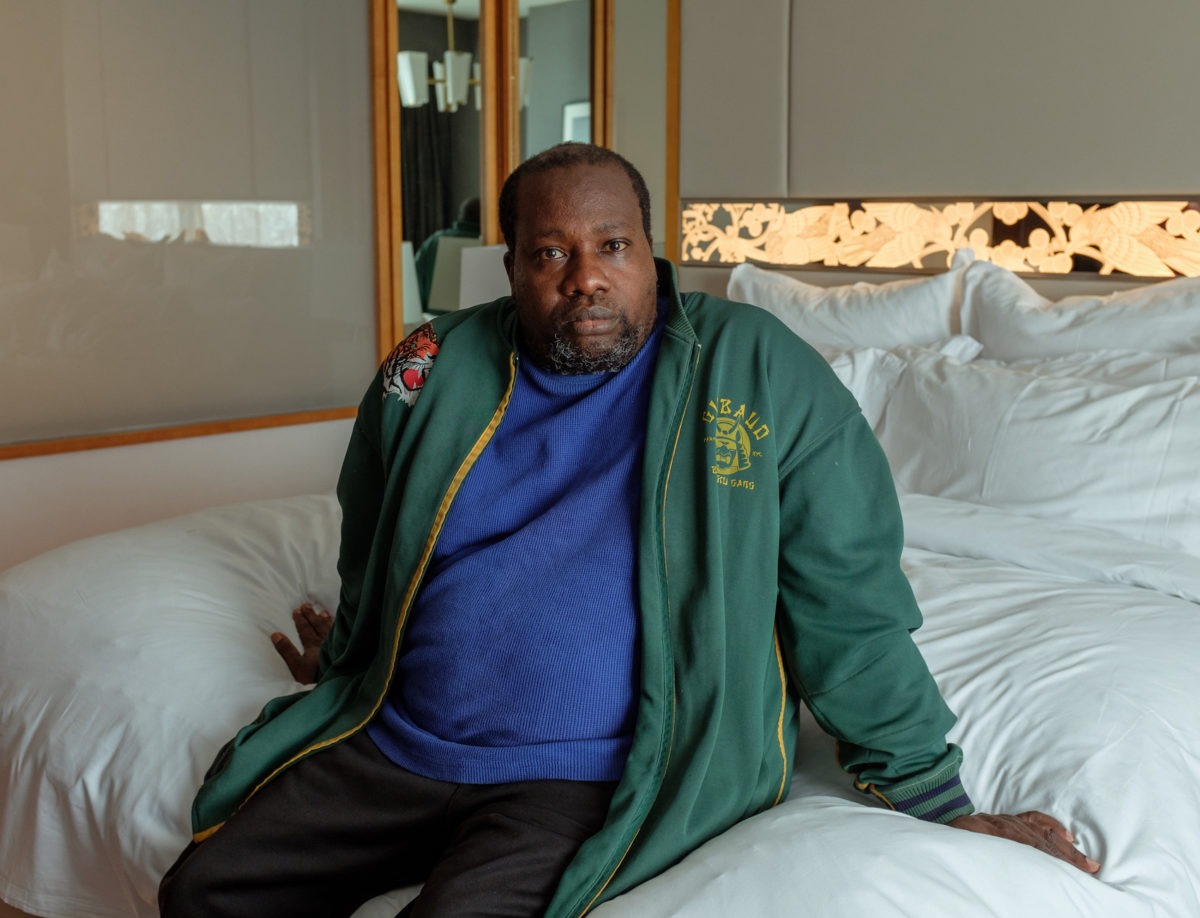
Elected officials need to stop making excuses for not getting unhoused people into hotel rooms.

With programming paused and prison jobs reduced, people inside will not be able to earn good-time credits and are cut off from a means of supporting themselves.
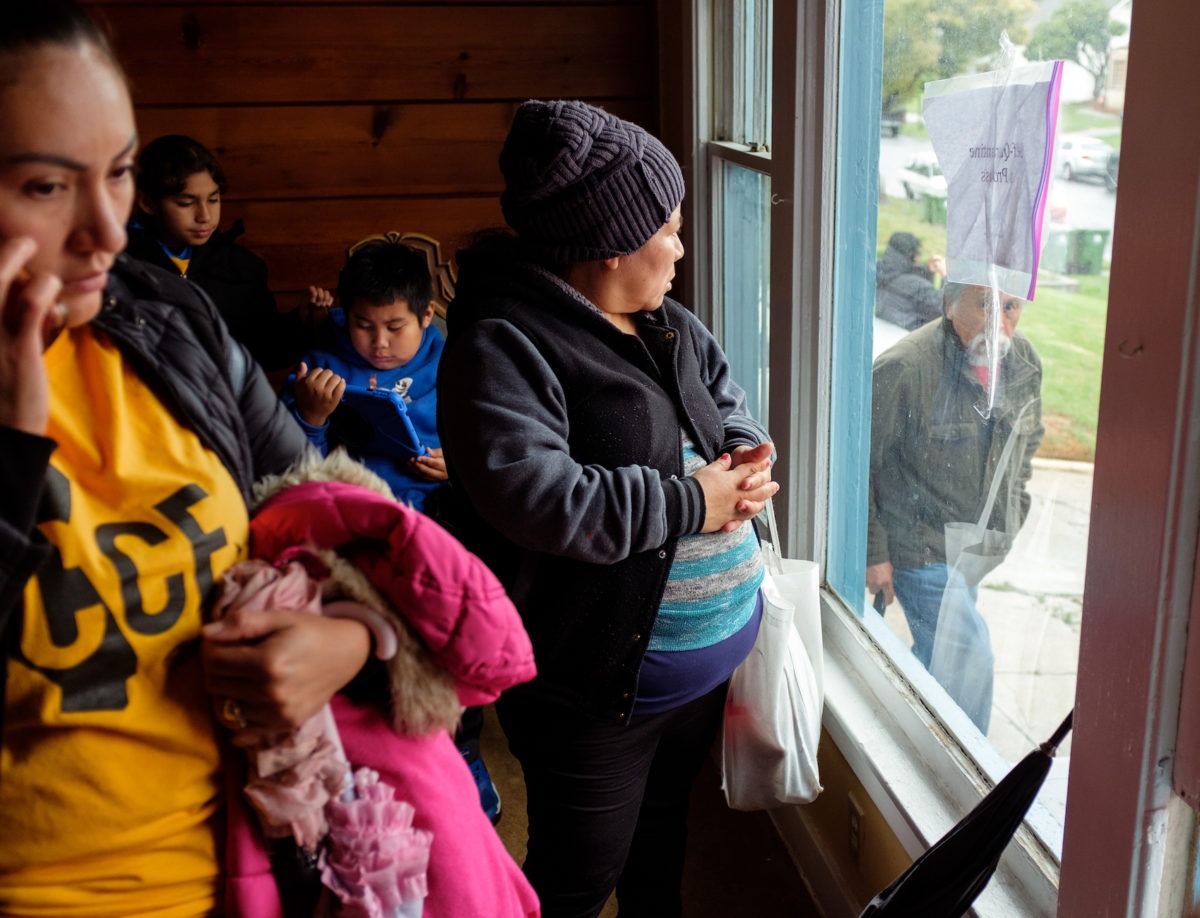
On the intersection of two public health crises: housing and COVID-19.
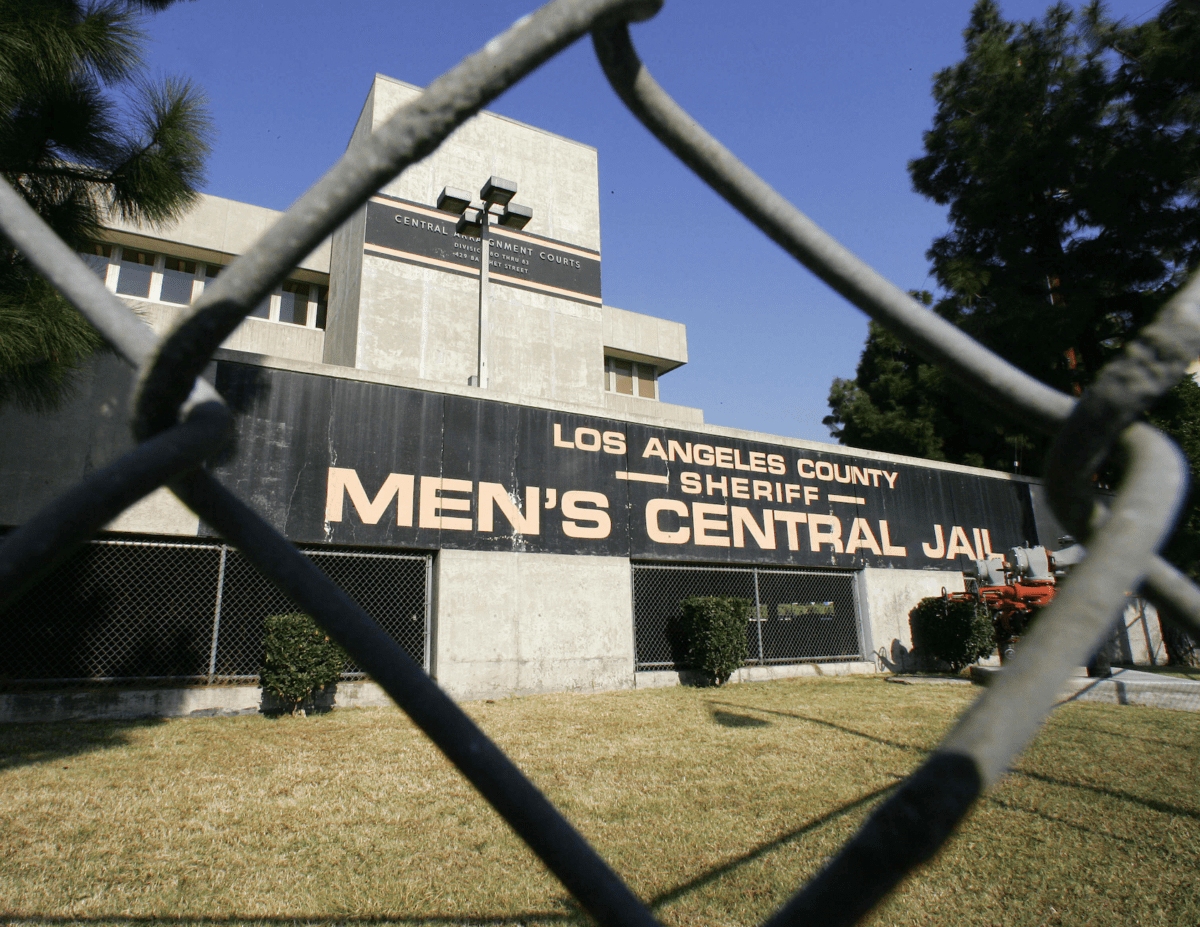
Bail will be set at $0 for most misdemeanors and low-level felony offenses.
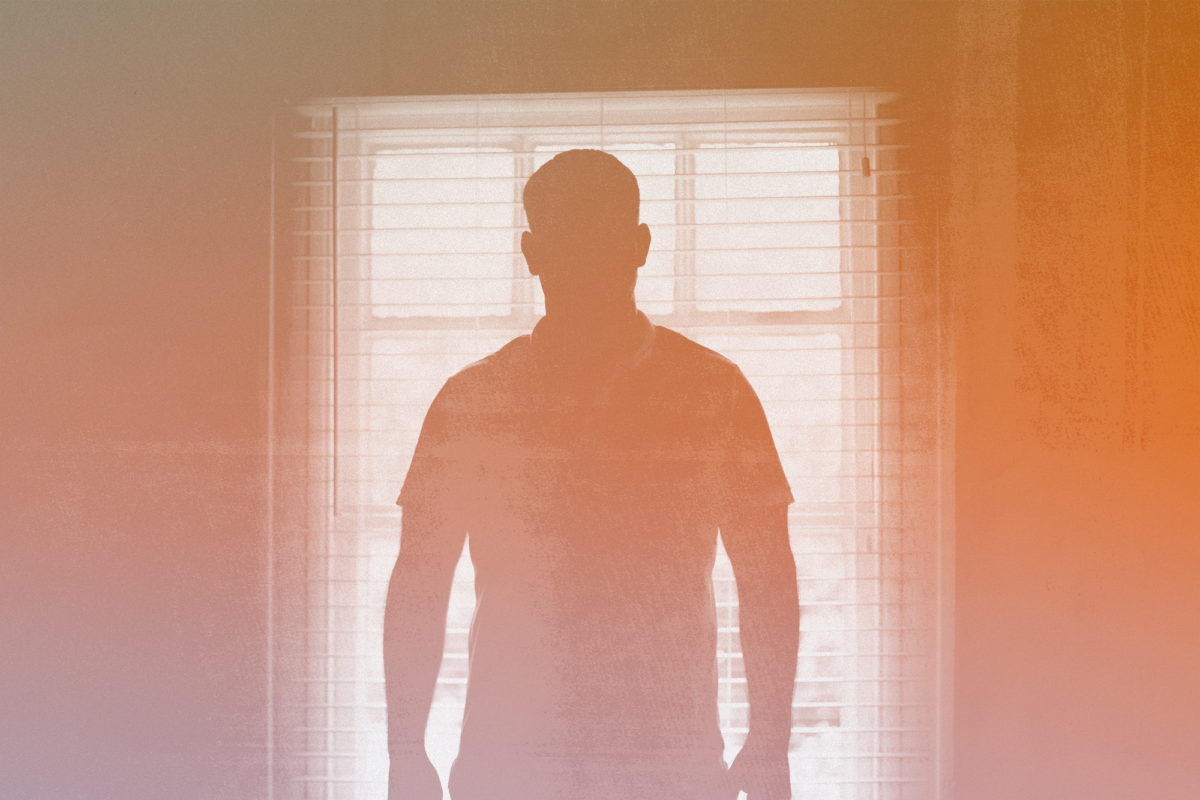
Inconsistent rules nationwide mean some people are still registering and reporting in person despite public health directives meant to control COVID-19.
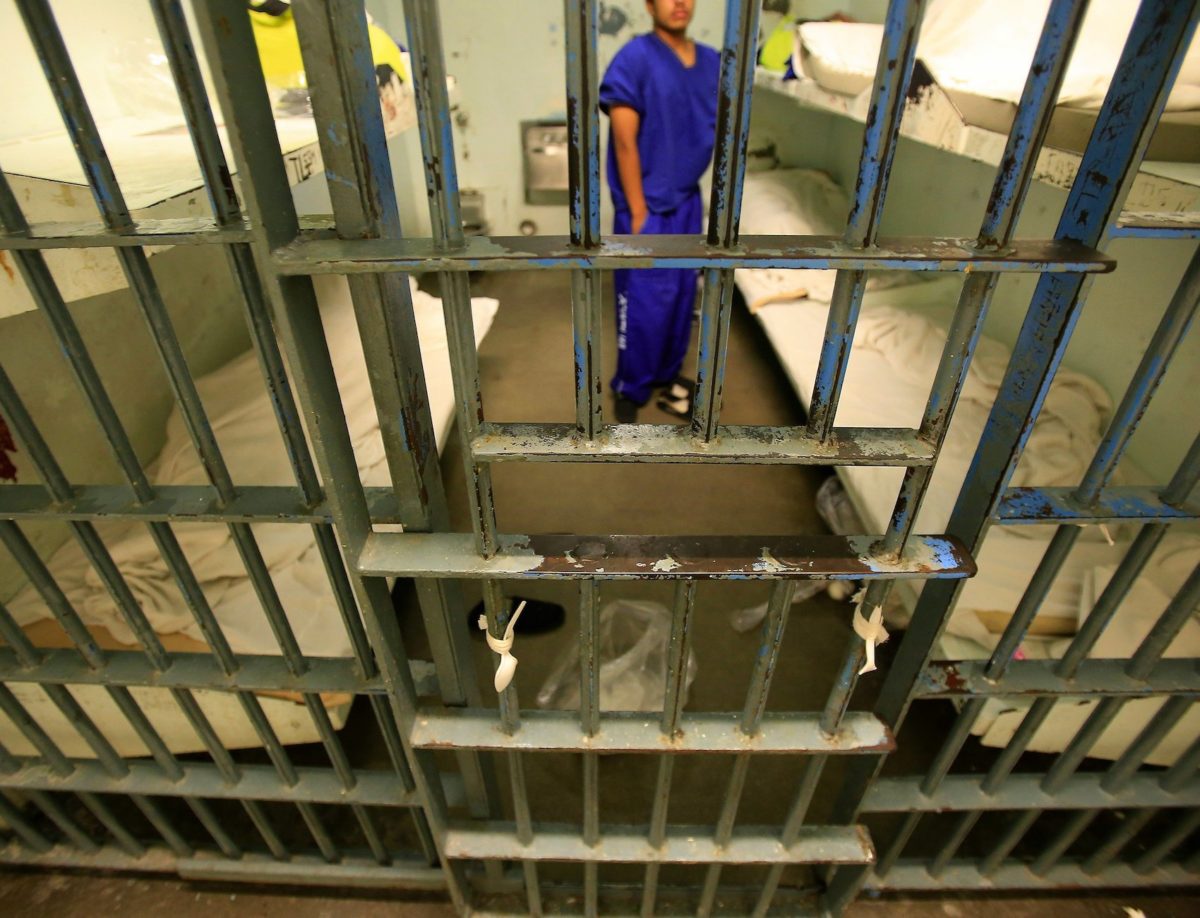
Los Angeles County judges must move quickly to release a broad group of people in custody.

As the novel coronavirus spread in the state, a Solano County judge denied numerous motions to continue a troubled double kidnapping and rape case marred by allegations that a Vallejo police detective withheld exculpatory evidence.
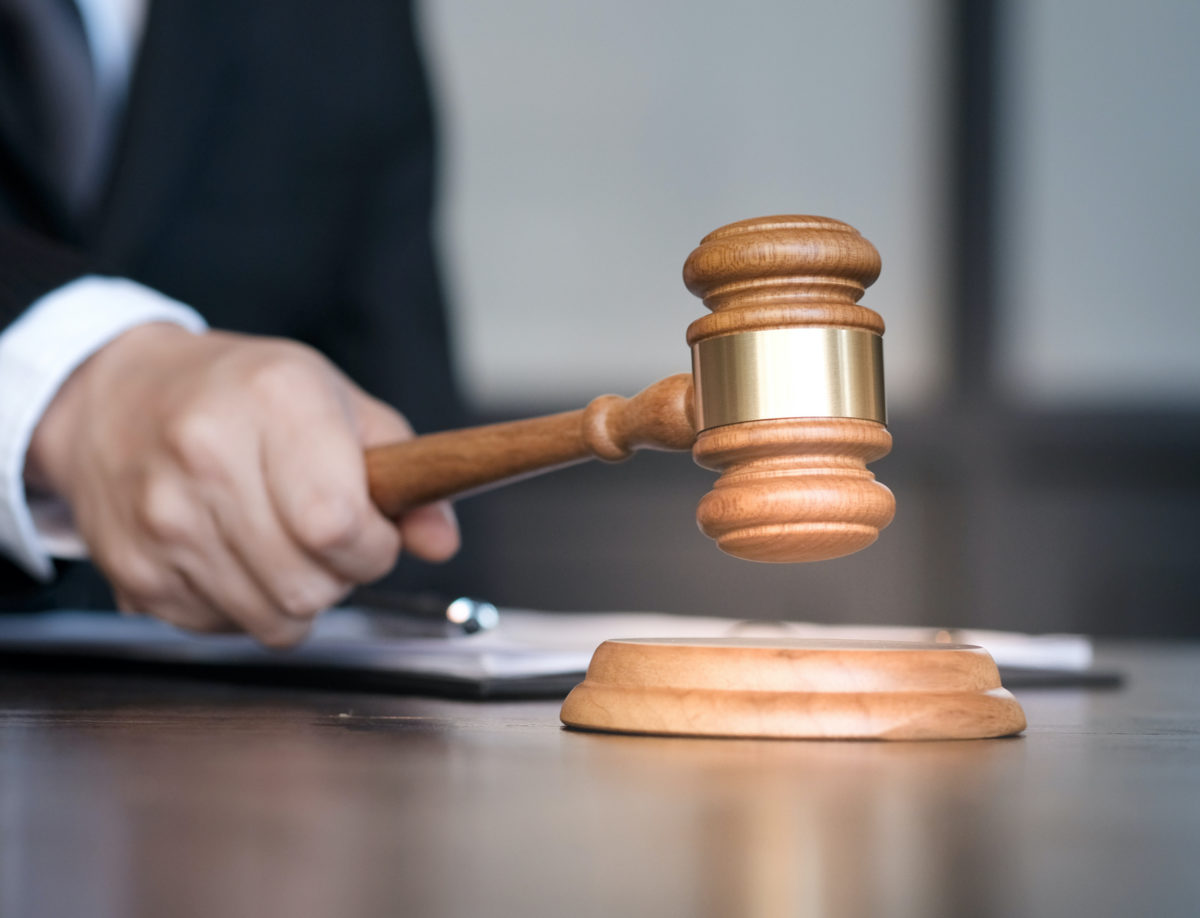
Delaying trials will mean more people stay in jail while a life-threatening disease spreads throughout the state.

Residents have been told to stay in their homes to slow the spread of the novel coronavirus—but little has been done to ensure they can afford to stay there, activists say.

We can’t allow “violent criminal” rhetoric to justify leaving some of the most vulnerable people in dangerous conditions.
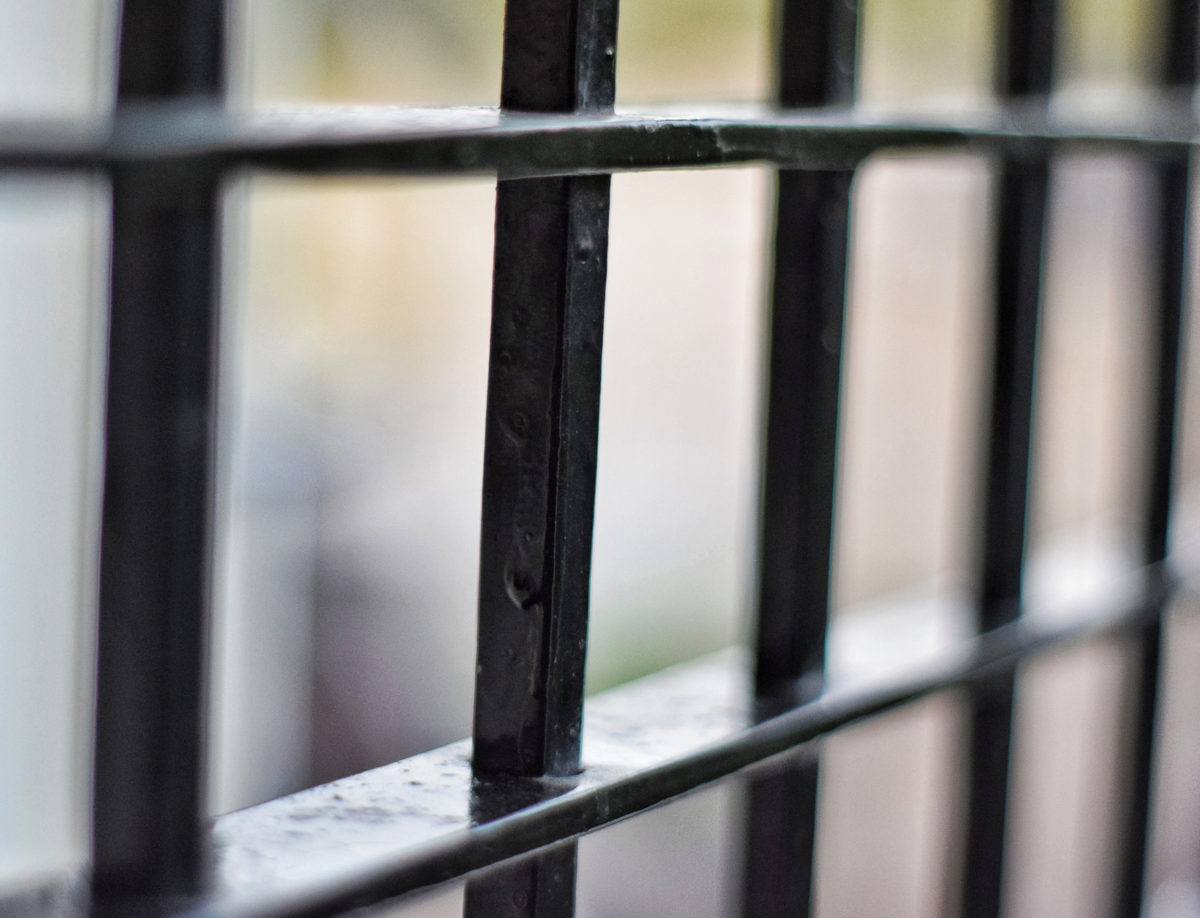
The state Department of Corrections confirmed two staff cases of COVID-19. No prisoners have been confirmed to have the virus, the department said.
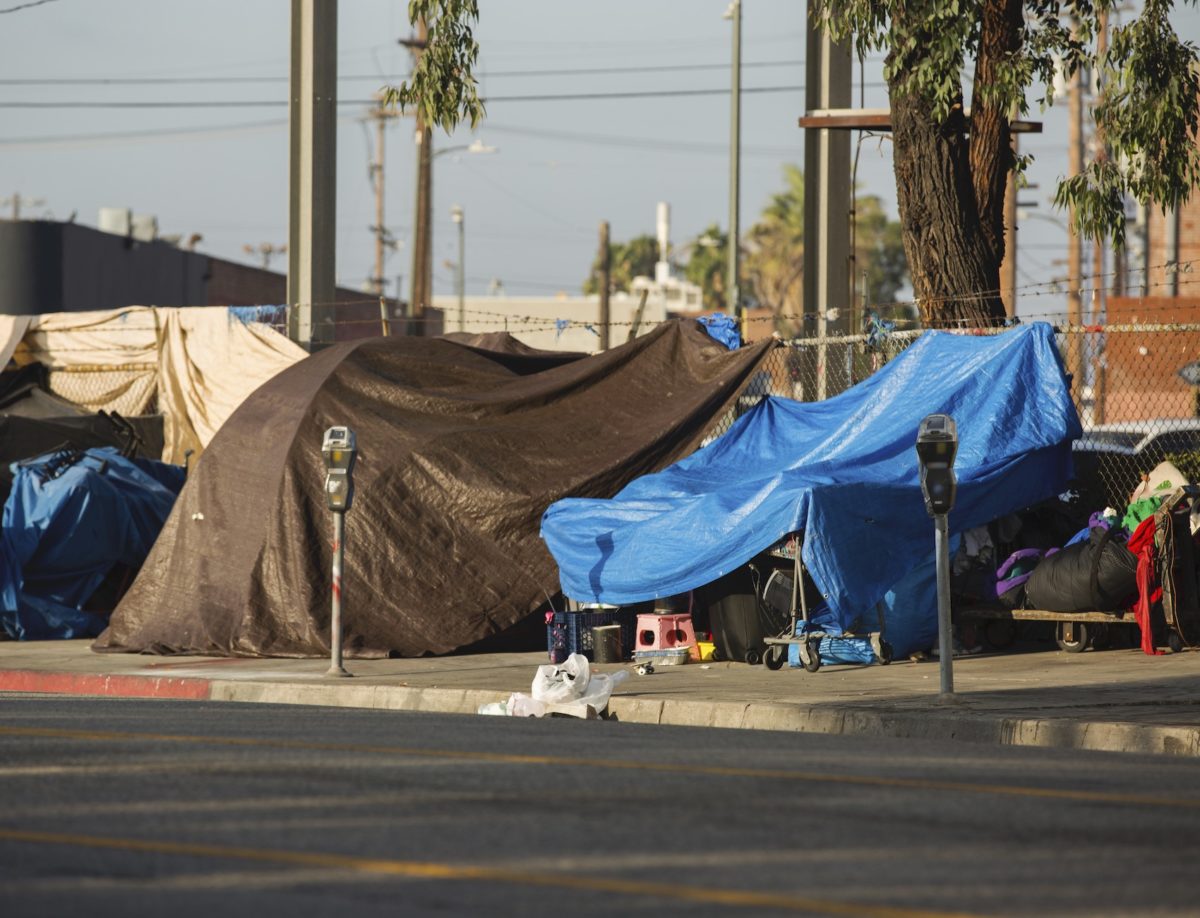
How California, which is home to more than half of the country’s unsheltered homeless population, is addressing the needs of the unhoused.

Sheriffs wield enormous power, and they can direct it in ways that will help contain the spread of COVID-19 and protect incarcerated people.

Activists are calling on the governor, district attorneys, sheriffs, and judges to take action to prevent the spread of COVID-19.

In California, a Vallejo detective and a Solano County prosecutor concealed exculpatory evidence from a man facing murder charges. They went on to face accusations of misconduct in other high-profile cases.
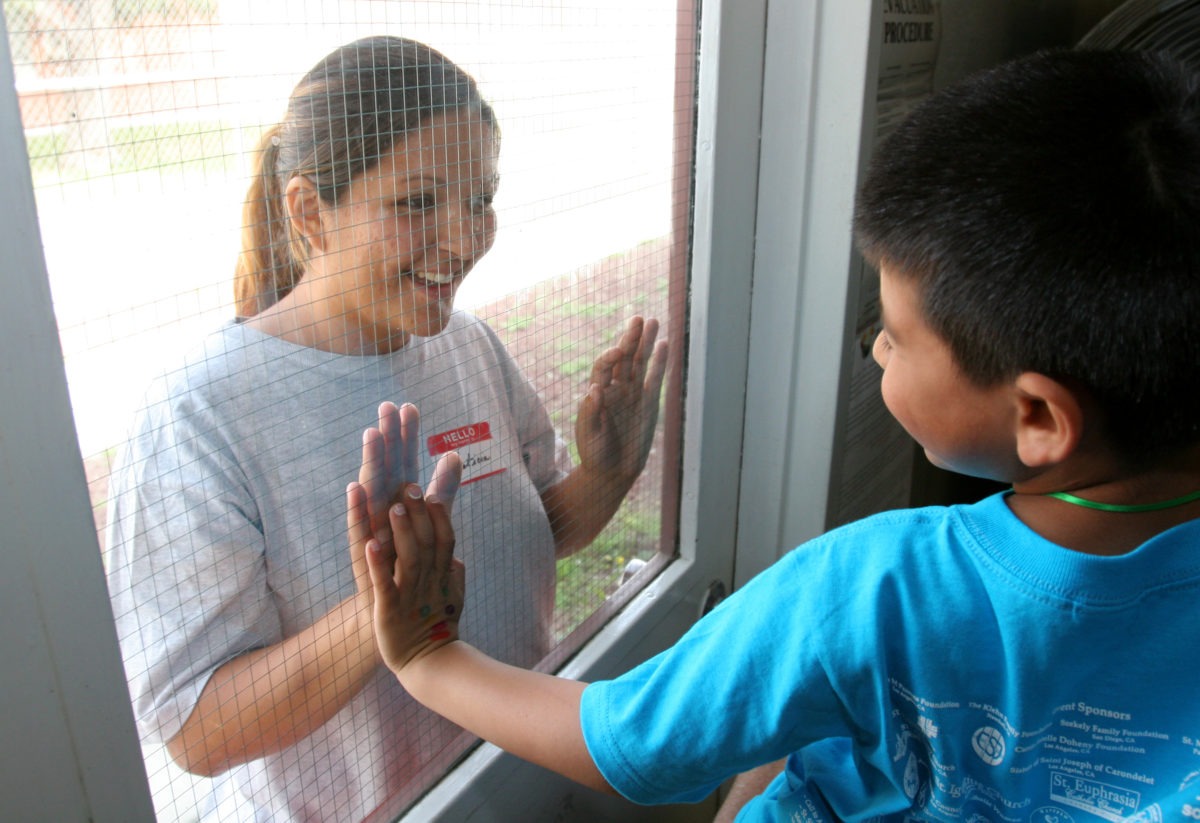
“We will prioritize family integrity and family unity at every stage of the process to the extent we can do so.”
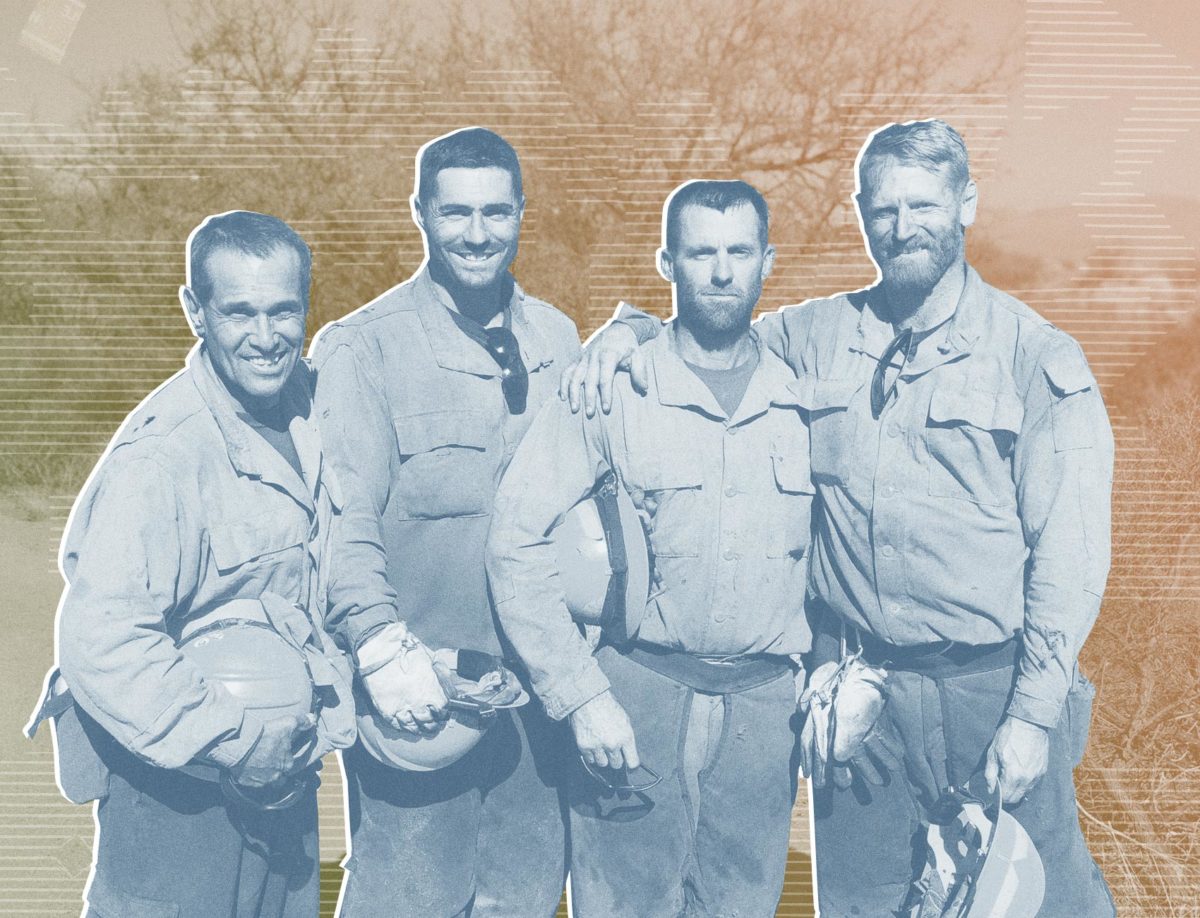
Unlike other states, Arizona offers minimal early release credits for the prisoners it sends to fight its wildfires.
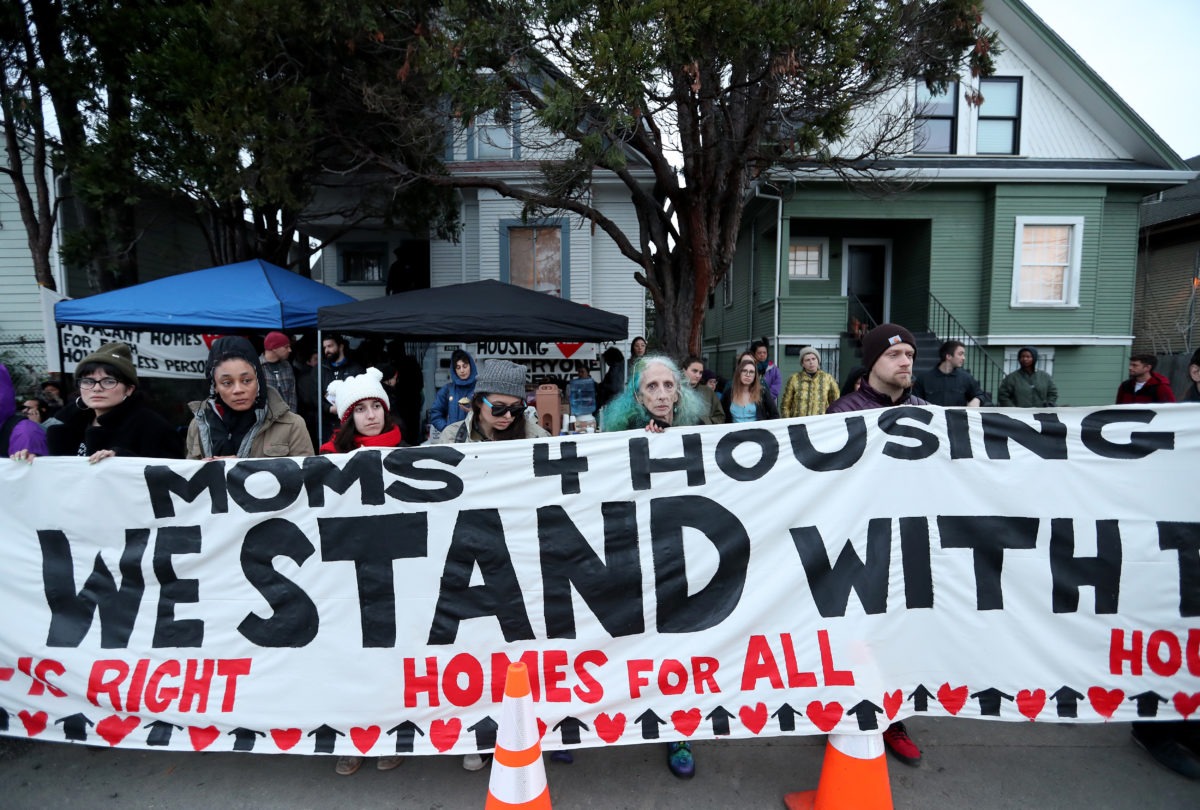
Moms 4 Housing made a home for their families in a vacant house in Oakland. Yesterday, police in tanks and riot gear evicted them.

After two terms at the helm of the nation’s largest prosecutor office, Lacey has drawn pointed criticism from community advocates who say she is standing in the way of criminal justice reform.
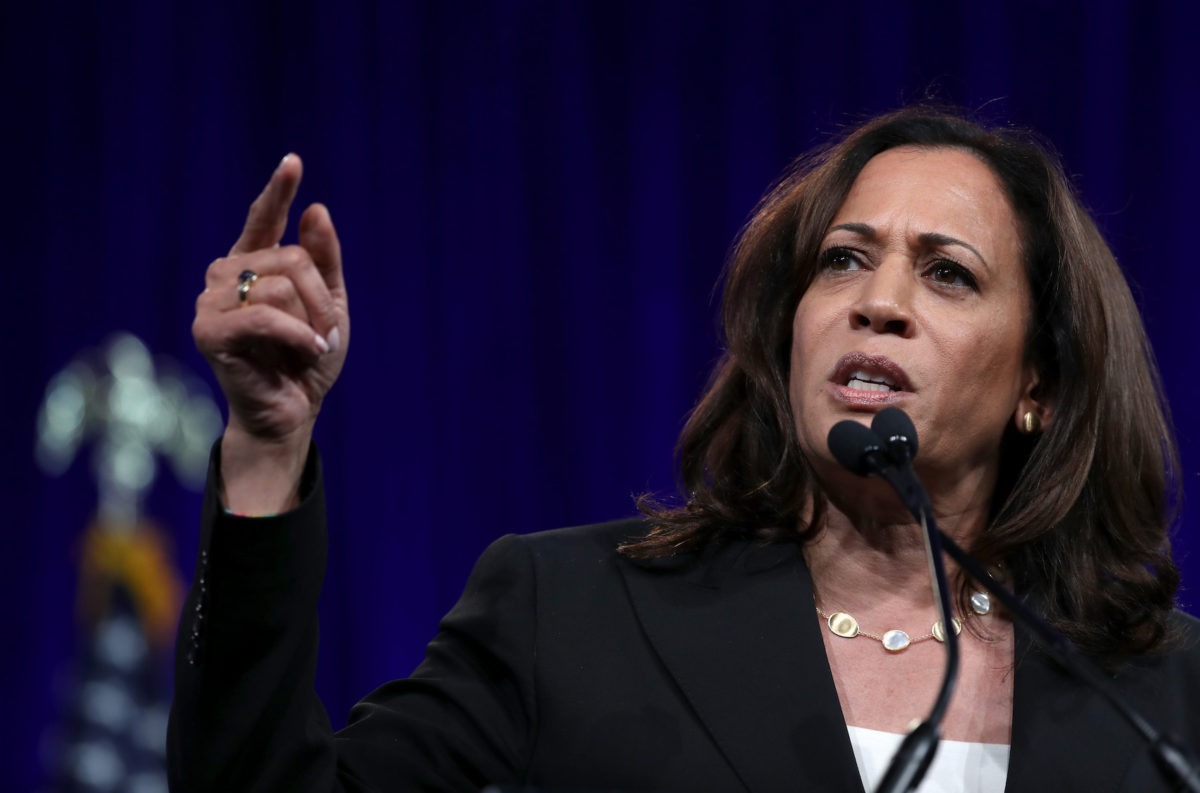
Harris’s record as a prosecutor was representative of a politics of the past. The nation has moved on.
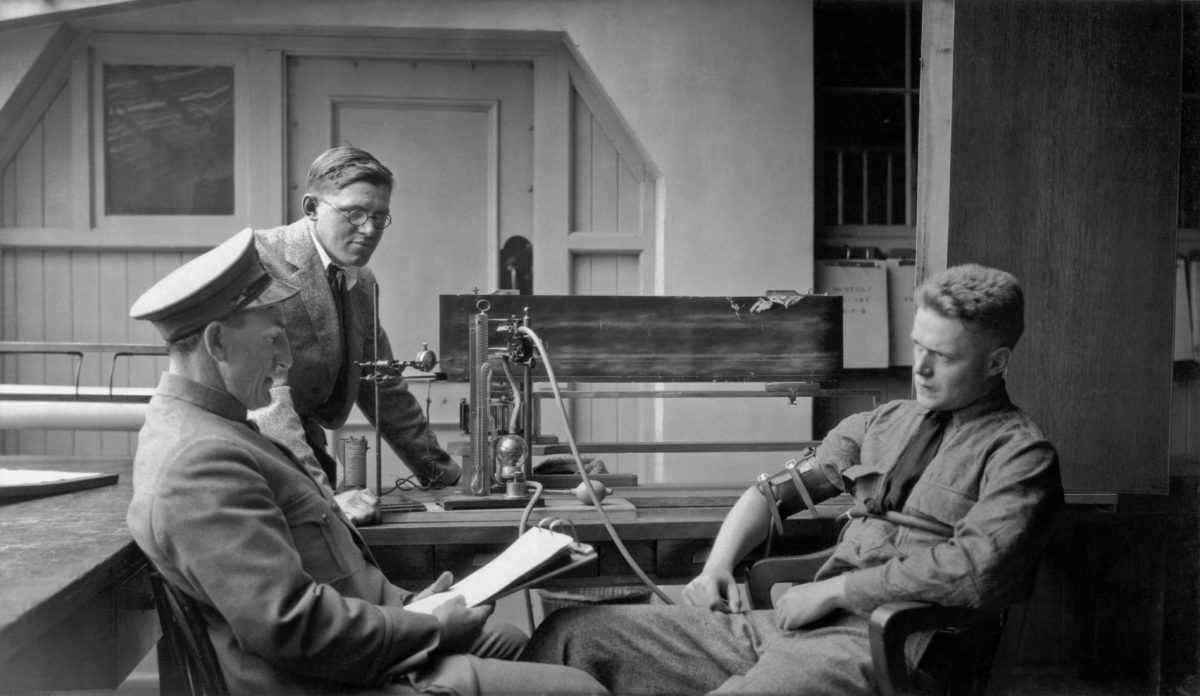
Spotlights like this one provide original commentary and analysis on pressing criminal justice issues of the day. You can read them each day in our newsletter, The Daily Appeal. In 1997, four Navy sailors in Norfolk, Virginia were arrested for the rape and murder of a young woman. The men were trained to endure stressful situations, […]

Some officers have recently boasted about breaking state law and collaborating with ICE, according to messages posted in the group and obtained by The Appeal.
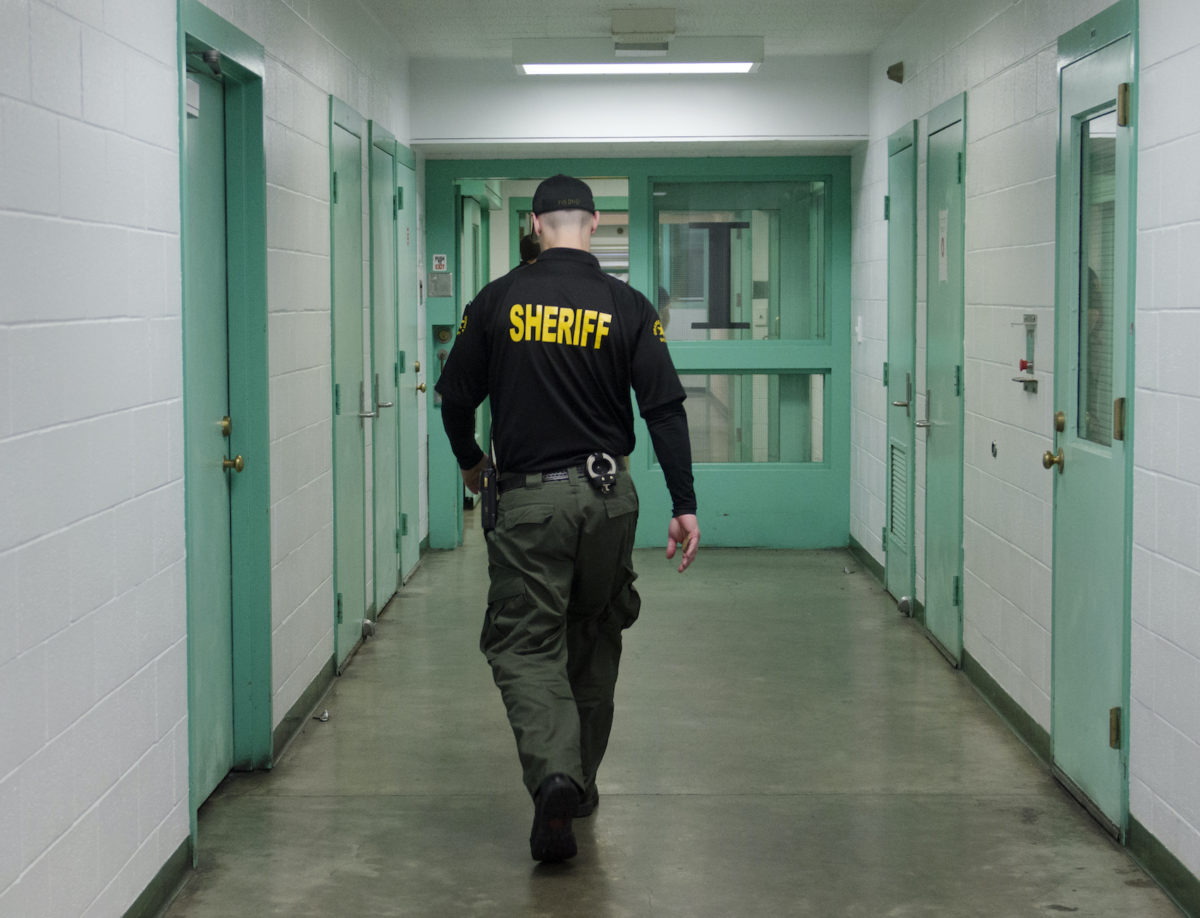
People held in courthouse cells were shackled for up to 15 hours a day, and some were unable to eat, change menstrual pads, or use the bathroom, advocates say.
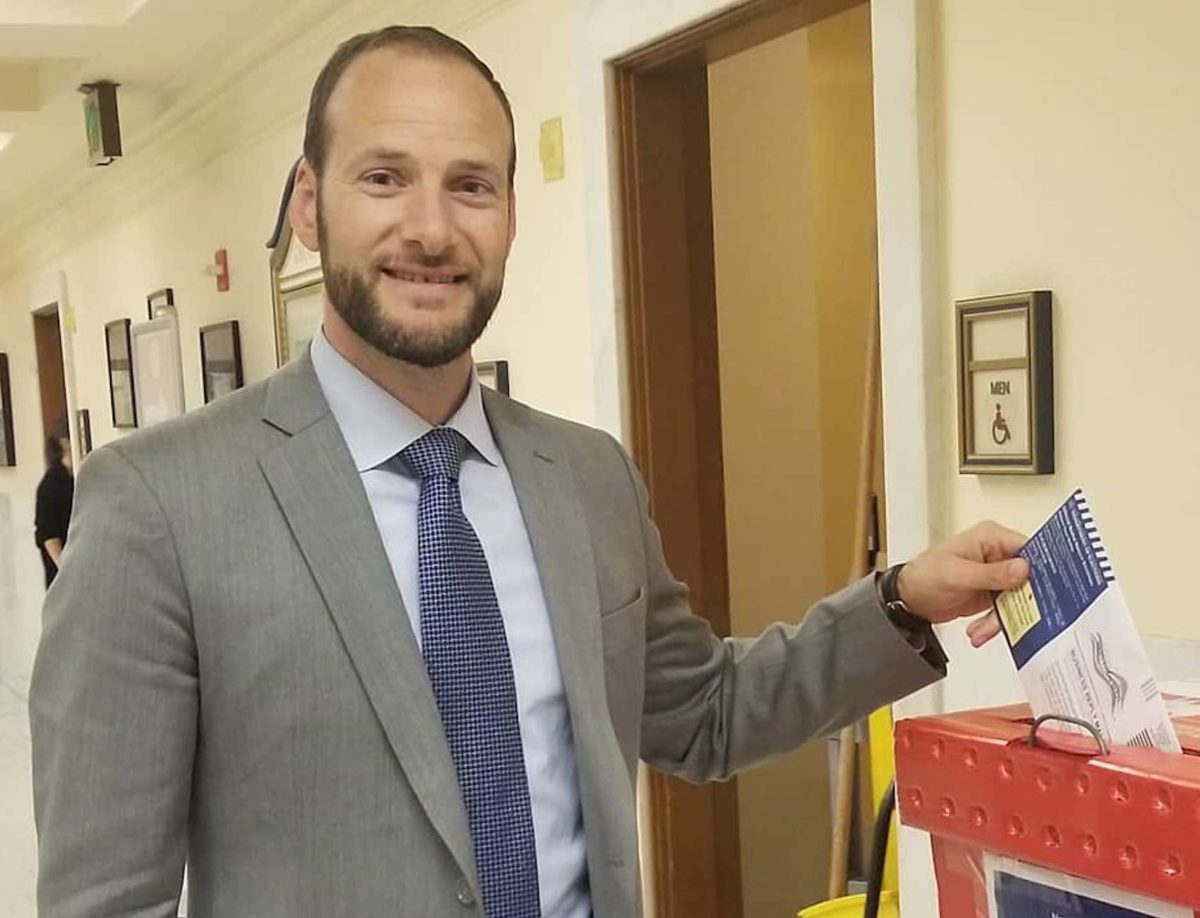
Son of incarcerated parents, backed by Black Lives Matter co-founders, Boudin will be the next DA of San Francisco.

Chesa Boudin is just 240 votes behind Suzy Loftus, even after local law enforcement spent hundreds of thousands of dollars to defeat him.

At least three women made police reports about Girls Do Porn in 2015, but recruiters continued to exploit women until the FBI stepped in last month.
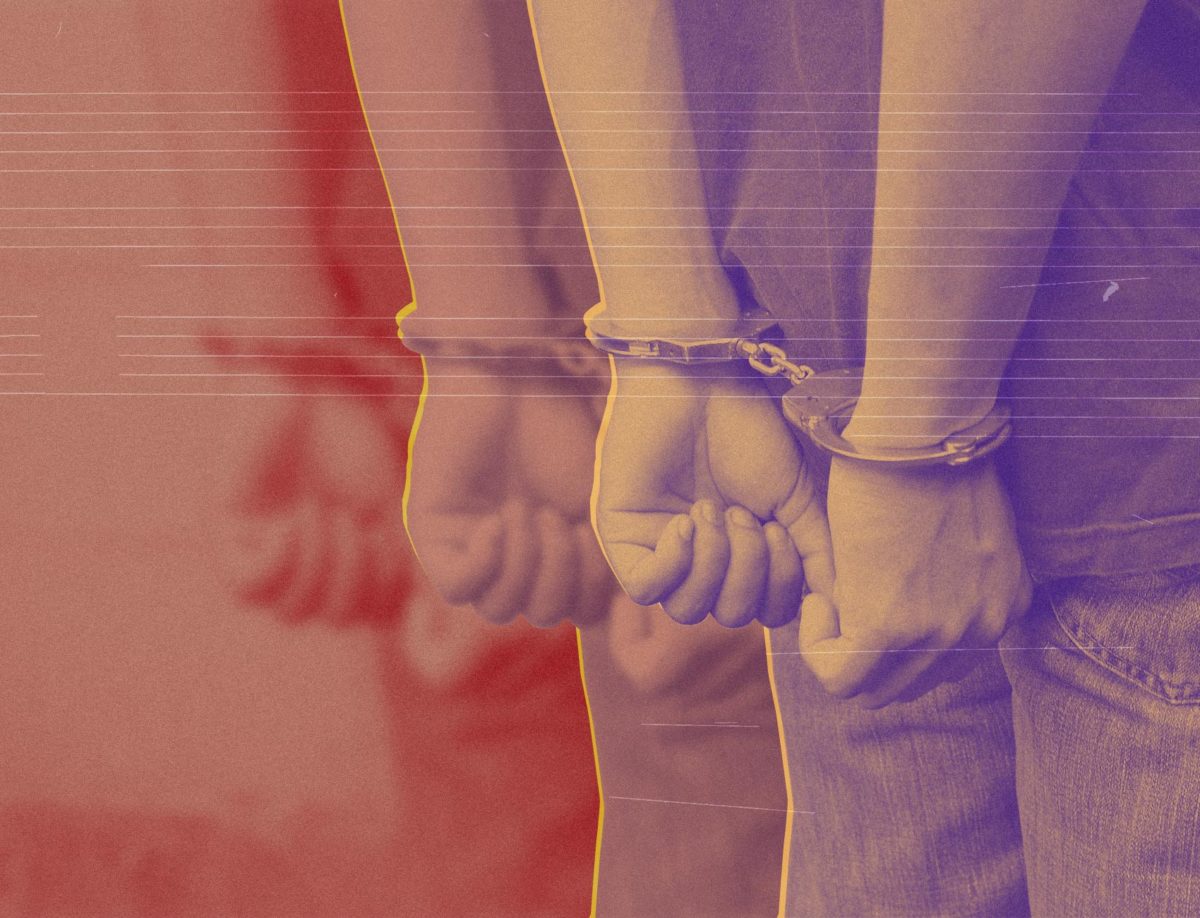
Interim San Francisco D.A. Suzy Loftus claims to be a “progressive,” but her long record as a prosecutor reveals an all-too-familiar path chosen by establishment-types who have little interest in disrupting the status quo.
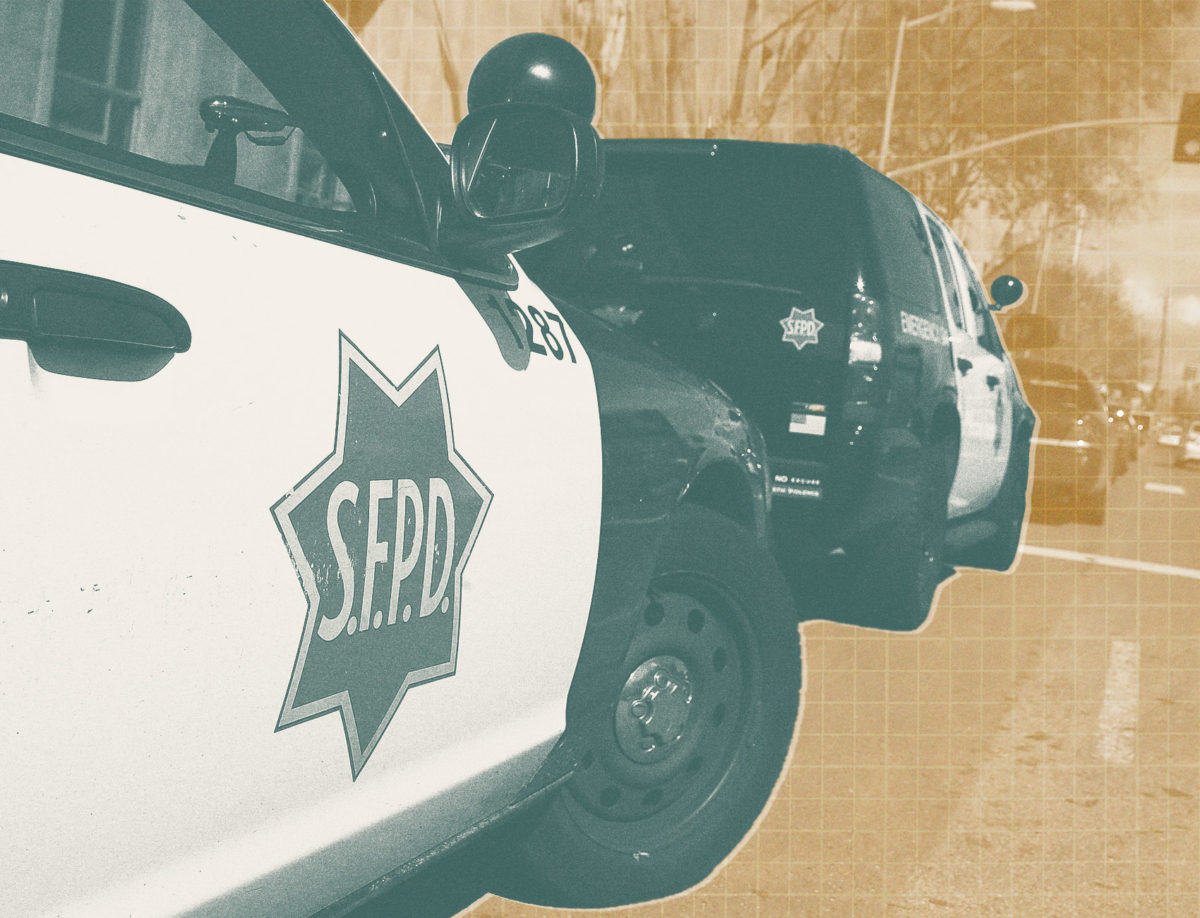
Ahead of the city’s district attorney election on Tuesday, the alleged baton beating last month of Dacari Spiers has renewed debate over police accountability.
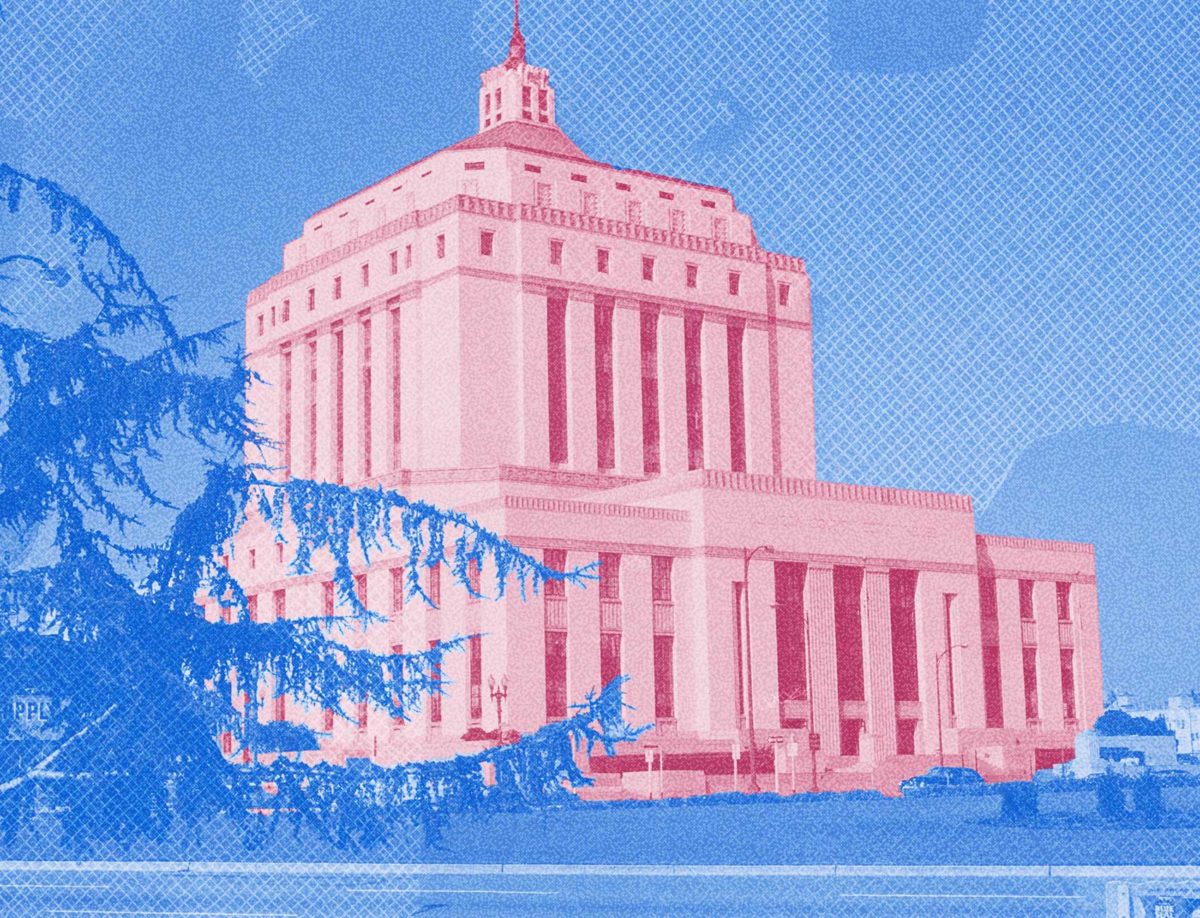
Criminal case files from Oakland’s seminal Riders scandal were among documents shredded by the Alameda County Superior Court in 2015.
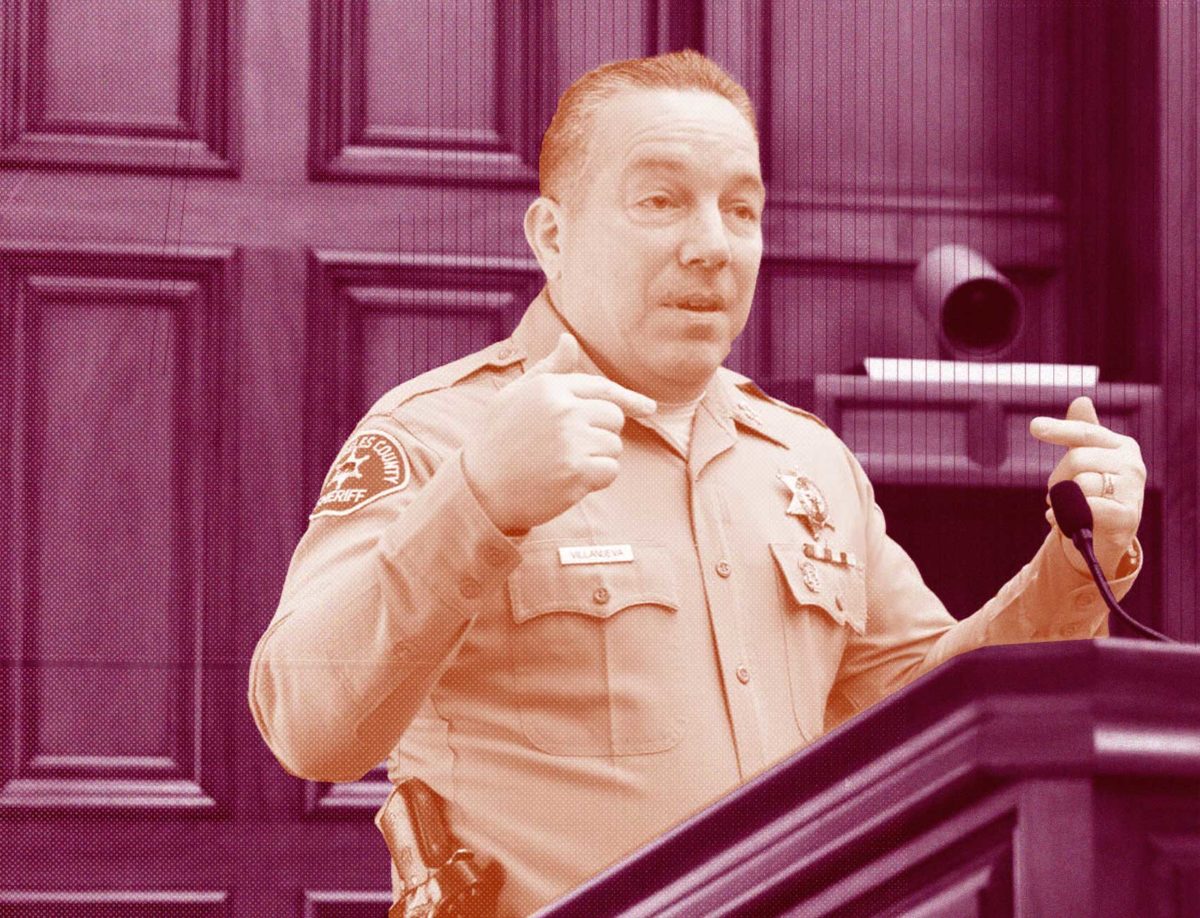
Los Angeles County Sheriff Alex Villanueva was elected on the promise of reforming the scandal-plagued sheriff’s department. But eight deputies now accuse Sheriff Villanueva of allowing a violent group, the Banditos, to thrive in his department’s ranks.

The gang database in the state gives police increased authority to approach and harass people for virtually no reason at all.